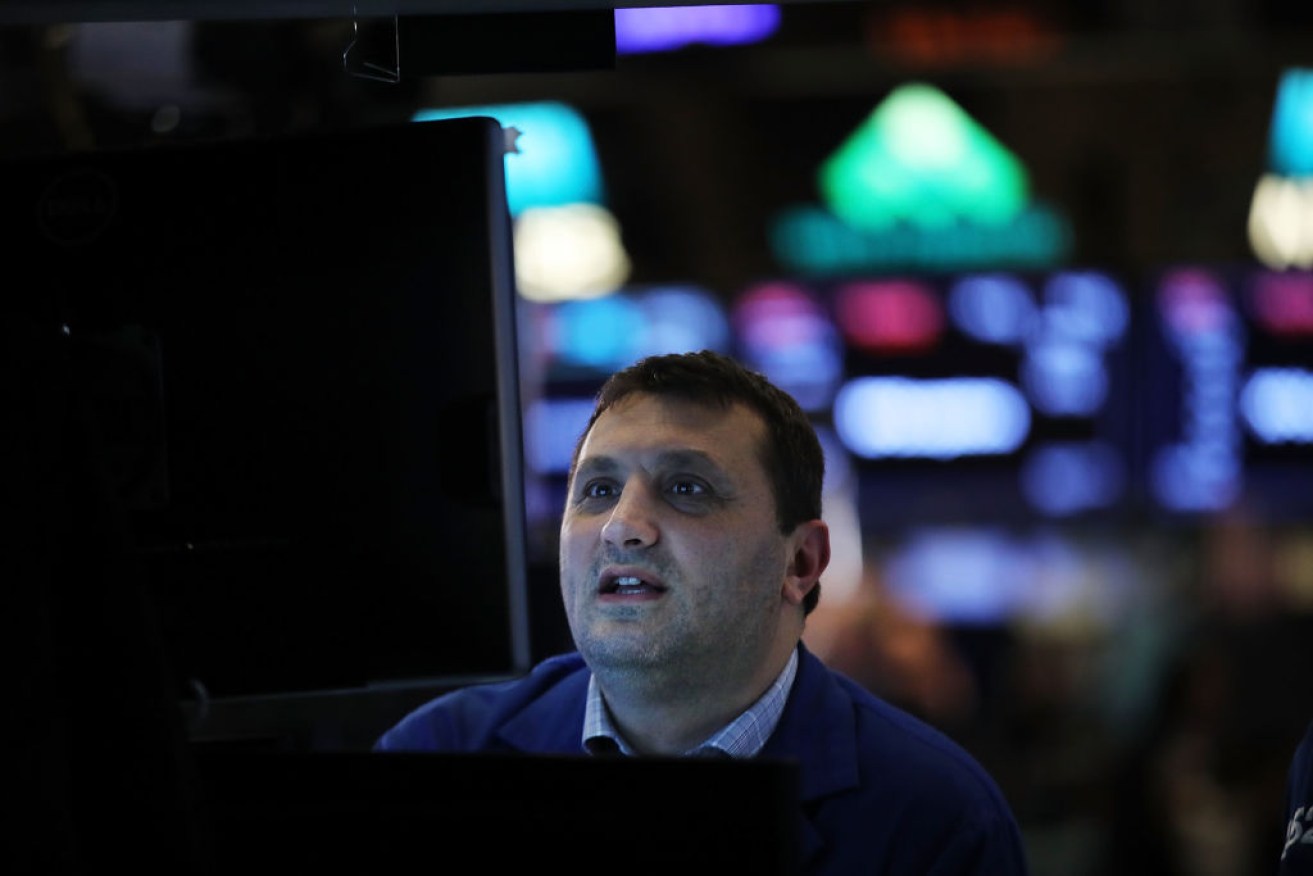Not again! Why stock markets are suddenly jumpy


Bond market tremors are pushing up the 'fear index' for stock market traders. Photo: Getty
Anyone who had friends or relatives due to retire around 2009 will remember the great smack in the face they received in the form of the global financial crisis.
As asset markets crashed, many would-be retirees found their super accounts had been ravaged, and realised that they would either have to keep working, delay accessing their pot of savings, or simply scale back their expectations for retirement.
Many of them had too much exposure to equity markets because nobody was expecting a colossal fall in the price of shares. And as the chart below shows, the market still hasn’t recovered to 2007 levels.
Fortunately, many super fund managers now have quite different asset allocations which have allowed them to outperform the share market, even during the surge in share prices seen in the past year .
Even so, confidence in various assets – shares, bonds, currency holdings, property and so on – can all be hammered if there is a major market rout.
We should all hope the 2009 scenario is not repeated, but equally everyone should be aware of some unnerving signals coming from financial markets.
As detailed on Wednesday, we are witnessing a historic turnaround in the cost of borrowing money through bond markets.
That sea-change does not mean a crash will eventuate, but as explained below it does raise serious questions about the effect bond market tremors will have on currently elevated share prices.
The link between bonds and shares
Bond markets tend to receive little attention from mainstream media, partly because they’re a bit harder to understand than shares.
That gives a skewed view of markets, because on a typical day well over three times as much money changes hands via bond trading desks as via stock markets – which is why some bond traders call the share market the ‘little market’.
The two asset classes are linked, but in different ways at different times.
Right now, the ballooning supply of bonds is causing their prices to fall, which means an increase in the effective ‘interest rate’ paid by the government or corporation issuing the bond (see Wednesday’s article for more on how that works).
So at this point in time, investment managers are weighing up the risk-and-return of holding shares, versus the generally less risky returns available in the bond market.
To the extent that they sell off shares to shift more money into the bond market, we will see a pull-back in share prices around the world.
Economist Saul Eslake told me on Tuesday that usually those kinds of capital flows are self-correcting. If share prices get too low, and their dividend yield therefore rises, money will flow back into the share market.
When these back-and-forth flows happen in an orderly way, nobody notices much.
Right now, though, there is elevated risk of investors fleeing both bonds and shares at the same time – opting instead just to sit on piles of cash for a while or pursue direct investments in property or infrastructure.
Rising fear levels in the market, measured by the volatility index or ‘VIX’, were accompanied on Tuesday night by the largest one-day fall on the New York Stock Exchange since last May.
That was not repeated in Wednesday trade in Australia, where traders seemed to like the content of President Donald Trump’s state of the union address and pushed share prices up, not down.
Still, there are numerous ‘triggers’ ahead that could bring a big share price fall, from the Federal Reserve giving more details on its rate-rise intentions on Thursday (US time), to further announcements from Japan and the European Central Bank on the scaling back of their stimulatory bond buying programs, or to a US decision on sanctions against Russia.
Superannuation savers generally don’t have to worry about these kinds of shocks if they are with a good fund, because the long time horizon of their investment means it will all be recovered in years ahead.
But if you’re heading towards retirement, now is not a bad moment to heed the lessons of 2009 and get some advice on your investments while things are still quiet.








